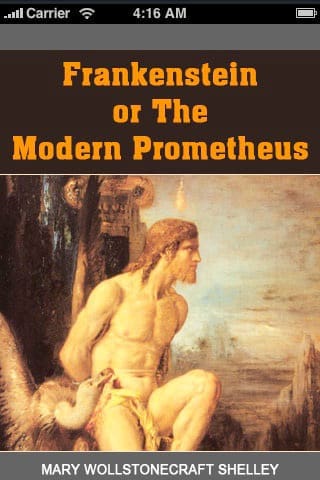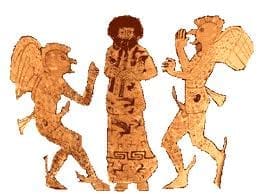Rachel Thompson has been reading our columns about science fiction and asked an interesting question.
“I write sci-fi and fantasy and I’m learning the market for it is as tight as a buzzard’s ass in a power dive. Its seems to me zombies have taken over the ideas and market that sci-fi once dominated. I still love old fashion sci-fi as you do but it’s getting very hard to find sci-fi in book stores and even harder to get mine published. I do Kurt Vonnegut- like social satire along with outer forms: will sci-fi ever make a popularity come-back or I’m I just pissing down a gravity well?”
I put it to our collective for responses and here’s what some of us have had to say:
Aaron Rosenberg:
The thing about SF is that it’s actually more popular than ever. Just not in print. It’s appearing more and more in mainstream movies and even TV shows (Pacific Rim and Almost Human, anyone?), and people are loving it, including people who before this would never have read an SF novel in a million years. My hope is that at least some of those new fans will realize there are–gasp!–BOOKS with the same ideas and topics they’re now enjoying onscreen, and will then become new SF readers as well. In the meantime, SF fiction continues to have a hardcore fan base which I don’t think will ever go away. Market share is certainly tough right now, though, because publishers, especially the big houses, only want The Next Big Thing–they don’t do a lot of mid-list anymore, so they’re not interested in books that would still have solid sales numbers but might not crack the bestseller lists. Fortunately, there are tons of small presses out there now picking up the slack. People just like us. :) So don’t give up hope, and make sure to explore all your options–shoot for a big publisher first because if they pick you up they can do more marketing and publicity and distribution than you’d get otherwise, but don’t ignore or discount a small press that can still do a nice job on your book and will work a lot harder for you because they form a more personal connection with each of their authors.
Paul Kupperberg:
The market is tight all over. The genre markets may have been hit hardest, and, yes, science fiction has been supplanted in the marketplace by zombies. In mysteries, I think the market usurper is the mainstream thriller. And the Sherlock Holmes pastiche. (And cats.) I believe the more eReaders there are in peoples’ pockets and purses, the more the tendency is going to be to lean towards “lite” versions of the popular genres because they’re going to be reading them in more frequent but shorter bursts; whenever there’s a spare moment, whip out the Kindle and read a few paragraphs before it’s your turn at the ATM. In the olden, pre-corporate days of publishing, untried writers stood a greater chance of being published because there were more slots to fill on the newsstand racks and bookstore shelves. Now, with distribution so tight and expensive, publishers have adopted the Hollywood-model–put everything you’ve got into the next summer blockbuster and leave the low-budget fare that needs the P.R. push to fend for itself. Which is likely to lead it to online publishing…but I wonder how many buyers browse Amazon.com or Barnesandnoble.com the way they browse bookstore shelves, looking for something that will catch their interest, rather than logging on to buy a specific book or author they’ve just heard about. So small publishers are the future.
So small publishers are the future. The SF marketplace may seem a bit slow now, but as readers increasingly buy books online, the e-reader marketplace for SF will continue to expand.
And often, as it does, the quality books will rise to the top and connect with an audience hungry for those kinds of stories.
Robert Greenberger:
This weekend’s Washington Post listed their top 50 novels of 2013 and Stephen King’s sequel to The Shining is the only genre book to make the list. This does not mean that science fiction, fantasy, and horror are no longer being read, but they never get the same serious analysis, review, and exposure as mainstream fiction. It has usually been this way. While Mysteries seem to get a lot of coverage, thanks to the best selling status of so many authors, every other genre usually gets short shrift. It seems that the very idea of writing in a genre from Westerns to Military appear to be looked down upon despite how much of out mainstream media output is entirely made up of genre material. Apparently, reading is reserved for more highfalutin fare.
And yet, so many of us are writing science fiction, fantasy, and horror fiction, just appealing to a smaller, more dedicated audience. Small presses such as Crazy 8 Press let people find the fiction they like and in many ways, there is more available to readers thanks to digital publishing. The mainstream houses continue to also pump out these genres with new imprints announced with encouraging regularity.






